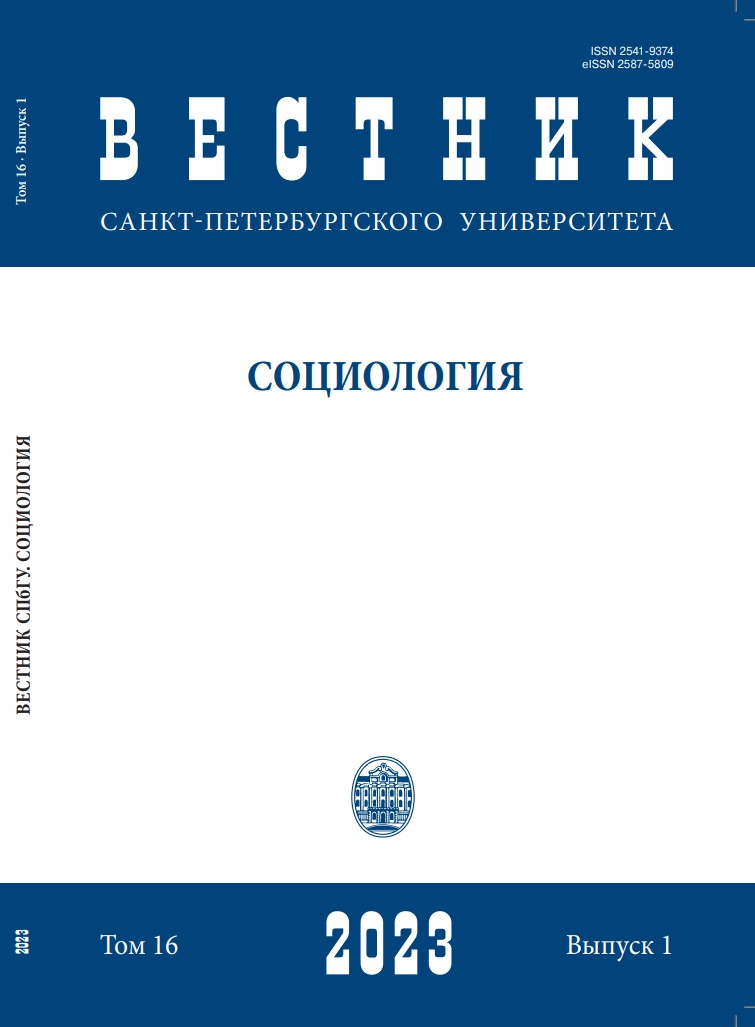Social effects of neoliberal policy in post-Soviet Saint Petersburg: Urban space contestation revisited
DOI:
https://doi.org/10.21638/spbu12.2023.102Abstract
Neoliberal city policy has become central for urban planning and (re)development in postsoviet St. Petersburg. Competing views on how urban space should be organized make citizens consolidate and buck the decisions of strong advocacy groups. This paper considers the contestation of urban space by urban dwellers and city elites in the early times of establishment and spread of neoliberal rhetoric and policy. It focuses on four cases of local communities struggling against spot construction, demolition, and renovation of historical areas (2005–2012). Empirically, the paper relies on a series of semi-structured interviews with local residents and activists as well as materials of semi-formalized observations at local gatherings and rallies. We use theories of urban political regimes to analyze the decisions on urban futures made by administrations and developers, and the theories of Lefebvre, Scott, and de Certeau providing insights into everyday grassroots resistance of citizens to structural pressures, domination and exploitation — to describe the responses of urbanites. Our data shows that these theories need to be adapted to the local context, where struggles over urban space unfolded under the conditions of total uncertainty including multiple property regimes, unstable legal frameworks, non-transparent decision-making by city authorities and investors, and rising tradition of civic participation. As a result, we question the scholarly convention about the paternalistic relations between urbanites and powerholders, and problematize the boundaries between the core concepts of urban theory: in particular, we demonstrate the relative nonbinary character of the opposition of spatial strategies vs. spatial tactics.
Keywords:
contested urban spaces, neoliberal policy, urban political regime, post-Soviet cities, spatial strategies and spatial tactics
Downloads
References
Downloads
Published
How to Cite
Issue
Section
License
Articles of "Vestnik of Saint Petersburg University. Sociology" are open access distributed under the terms of the License Agreement with Saint Petersburg State University, which permits to the authors unrestricted distribution and self-archiving free of charge.




